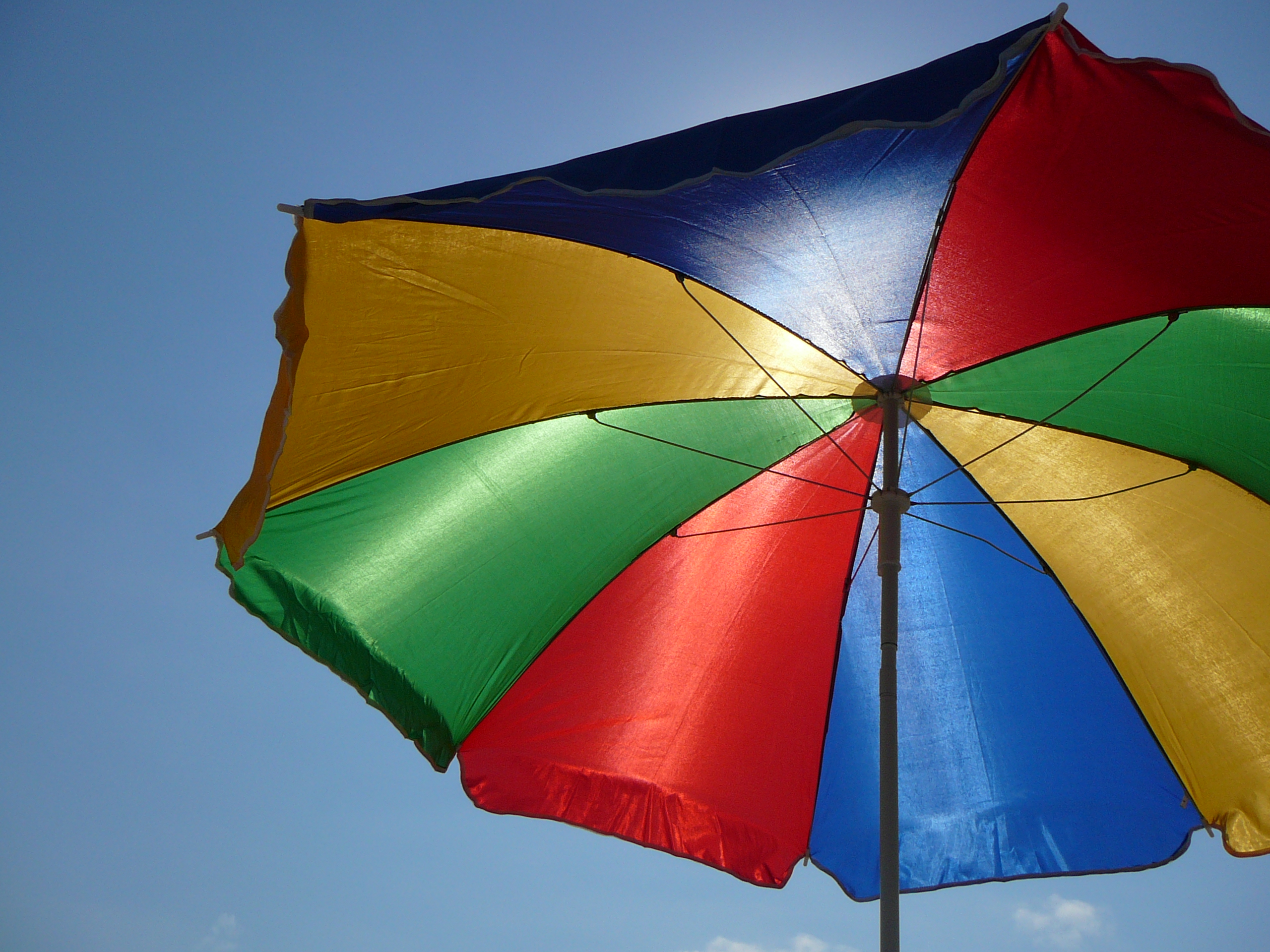Tips to Beat the Heat
 In the summer the combination of high heat and high humidity can be very dangerous.
In the summer the combination of high heat and high humidity can be very dangerous.
People at risk during these weather conditions include:
- The elderly.
- People with chronic illnesses (such as diabetes, heart and respiratory conditions) or people unable to move or change position by themselves.
- Infants and preschool children.
- People who exercise vigorously or are involved in strenuous outdoor work for prolonged periods.
- People taking certain medications.
- People experiencing homelessness.
Remember to text, call, or video chat to check on those you know who may be more vulnerable to the heat to make sure they are staying cool and drinking enough water.
Download: Prepared BC's Extreme Heat Preparedness Guide (gov.bc.ca)
How to avoid heat-related illness
Outdoors
- Seek cooler, breezier areas when outdoors, such as large parks near to water with lots of trees.
- Take it slow with outdoor activities – rest and relax often if you feel fatigued.
- Avoid going out in the blazing sun or heat when possible. If you must go outside, stay in the shade as much as possible and plan to go out early in the morning or evening when it is cooler and smog levels may not be as high as in the afternoon. Wear a hat.
- Stay hydrated – drink water regularly, even more than you think you need.
- Never leave children or pets alone in a parked car. Temperatures can rise rapidly in enclosed vehicles, becoming much hotter than the outdoor temperature.
Indoors
- Make your home as comfortable as possible.
- Close blinds and shutters during the daytime and open them at night. Open your windows at night to let in cooler air. If you have children in your home, make sure you’ve taken precautions to prevent falls from windows and balconies.
- If you have air conditioning, use it to take the edge off indoor heat - but don’t over-cool.
- If you don’t have air-conditioning, spend time in the coolest room in your home and use a fan. Blowing a fan across a pan of ice water can create a cool breeze.
- Cool showers and misting yourself and your clothing with cool water will help keep you from overheating.
- Drink lots of water and natural fruit juices even if you don’t feel very thirsty. Avoid alcoholic beverages, coffee and cola.
- Keep lights off or turned down low.
- Avoid heavy meals and using your oven.
- Consult your doctor or pharmacist regarding the side effects of your medications.
For more information, visit Fraser Health's website.
BC Provincial Heat and Response Alert System (BC HARS)
The City of Chilliwack activates cooling centres in accordance with the guidelines in the BC Provincial Heat and Response Alert System (BC HARS). This system lays out the criteria that Environment and Climate Change Canada (ECCC) will use to issue a Heat Warning or an Extreme Heat Emergency Alert, the appropriate public health messaging for both types of alerts, and the recommended actions. Under BC HARS emergency response measures are triggered when two or more consecutive days of daytime maximum temperatures are expected to reach 33°C or warmer and nighttime minimum temperatures are expected to remain at 17°C or warmer.
Links:
